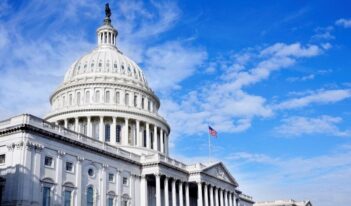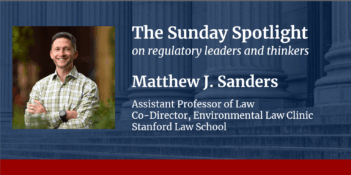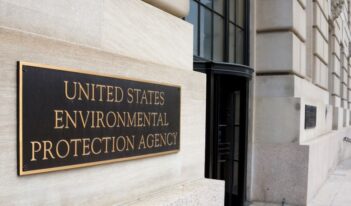
Penn Law’s Environmental Law Project submits comment supporting EPA proposed rule.
Penn Law’s Environmental Law Project recently submitted a comment to the U.S. Environmental Protection Agency (EPA), responding to its proposal to postpone by two years the start date of the assurance penalty provisions of the Transport Rule, the agency’s new cap-and-trade system for regulating interstate sulfur dioxide and nitrogen oxide emissions.
At first glance, EPA’s postponement in the application of assurance penalties may appear to be an “arbitrary and capricious” concession to industry. Indeed, the postponement might be viewed against the backdrop of other recent EPA decisions to delay regulatory proposals. For example, some have characterized the decision in September of this year, prompted by President Obama, to delay making revisions to ozone National Ambient Air Quality Standards (NAAQS) until 2013 as “troubling” if not even “unlawful.”
Yet such conclusions about the proposed revisions to the Transport Rule would be both premature and erroneous. Regardless of whatever may have motivated EPA decisions to delay other regulatory proposals, the proposed postponement of the Transport Rule’s assurance penalty provisions is substantially different and more than sufficiently justified.
The Transport Rule’s assurance penalty provisions are additive penalties that reflect a distinct goal of capping a state’s total emissions. Under the assurance penalty provisions, if a state exceeds its allowance level, then the polluters in that state that exceeded their initial allocated emissions budget, even if they have sufficient allowance credits, must similarly surrender two allowances from a prior year or the next year, and these polluters could also be subject to discretionary civil fines.
Delaying the application of the assurance penalty provisions in the proposed rule from 2012 to 2014 would not change the requirement that polluters that fail to hold sufficient allowance to cover their emissions must surrender allowance credits and possibly pay civil fines. EPA believes with a “high level of certainty” that state emission levels will not be exceeded during 2012-13, and as such the assurance penalty provisions are not necessary to ensure that polluters maintain sufficient allowances for their emissions.
Since sufficient penalties will still deter unlawful pollution prior to the application of the assurance penalty provisions in 2014, EPA’s proposed postponement still comports with the D.C. Circuit Court’s order, in North Carolina v. EPA, for EPA to revise its interstate pollution framework “as expeditious[ly] as practicable.” Moreover, EPA believes that the postponement is necessary to develop an efficient trading market so that currently permitted facilities are able to make informed decisions about whether to upgrade their facilities or buy emissions credits. The time to allow the market to adjust, EPA argues, would enable credits to reflect better the cost of abatement. This argument is justifiable because consideration of market-based factors in postponing the provisions is an acceptable consideration of costs for the agency to consider.
EPA’s proposed postponement is simply not an “arbitrary and capricious” rulemaking because EPA has offered a rational explanation for its postponement, which will not affect compliance with 2012-13 emissions levels.



